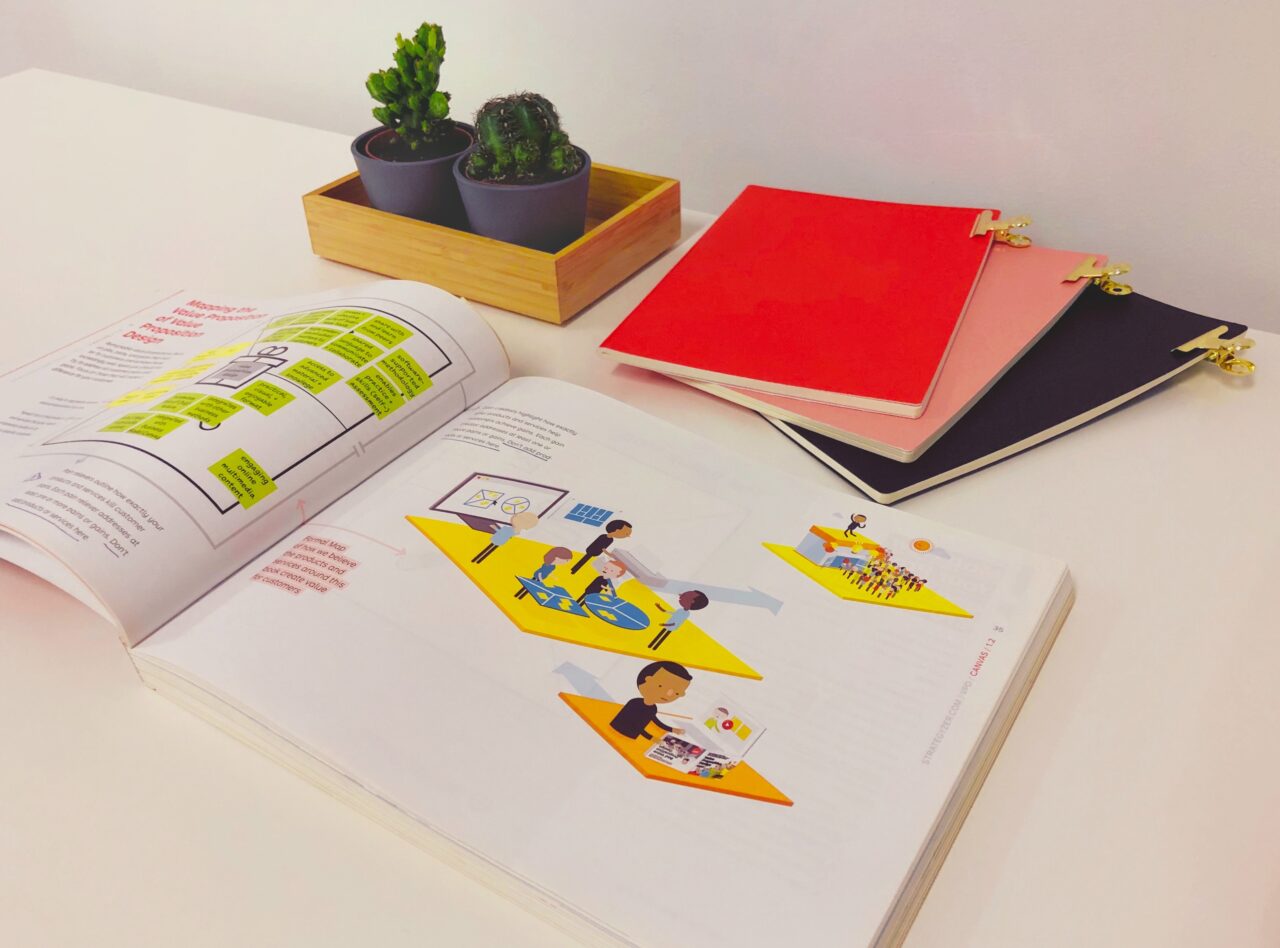It’s time to reflect and review this part of the course.
We are asked:
- Consider how the feedback that has been provided so far in this programme lends itself to a particular kind of assessment.
- Consider how a misalignment with feedback and assessment might impact transactional distance.
- How would you assess what we have done in this module so far?
- What types of feedback would I need to provide in my own course to support the type of assessment that is expected in my discipline?
So, can I answer?
- I think the feedback on this program has been timely, low-pressure and informal. That would seem to lend itself to small, frequent, informal, low-key, non-compulsory assessments.
- If the tone and expectation setting of assessment and feedback didn’t match, it would drive students away. For example, either a seemingly very low key, informal assessment that was followed by an onslaught of harshly judgemental criticism, or a strictly defined and substantial assessment task that was followed by vague, brief, non specific and casual seeming feedback, would definitely be quite demoralising.
- I’m not sure what this question is asking: do I think it was a good module, or what would be a good way to tell what we have learned from it. So firstly, I think this whole course has been incredibly interesting and I wish I could do the MSc in Digital Education because it sounds fantastic. But it’s more likely I’m meant to think of a way to assess knowledge gained through study of this module, in which case, inventing an assessment task sounds like the most obvious choice!
- That first thing that comes to mind is that ‘feedforward’ assessments would be most useful for the practical aspects of scientific courses. I also think peer review would be an authentic assessment practice for scientific work. Another idea, which I suggested in the course discussion was that I think it would be interesting if some of our Environmental Science / Ecology students could do an Open Educational Resource (OER) as a group project relating to local environmental or sustainability issues and interacting with relevant local groups and officials. I think this would also be an authentic and relevant activity, with plenty of opportunities for timely and actionable feedback.
A review of the assessment module / Annabel Treshansky's Blog by blogadmin is licensed under a Creative Commons Attribution CC BY 3.0



Leave a Reply